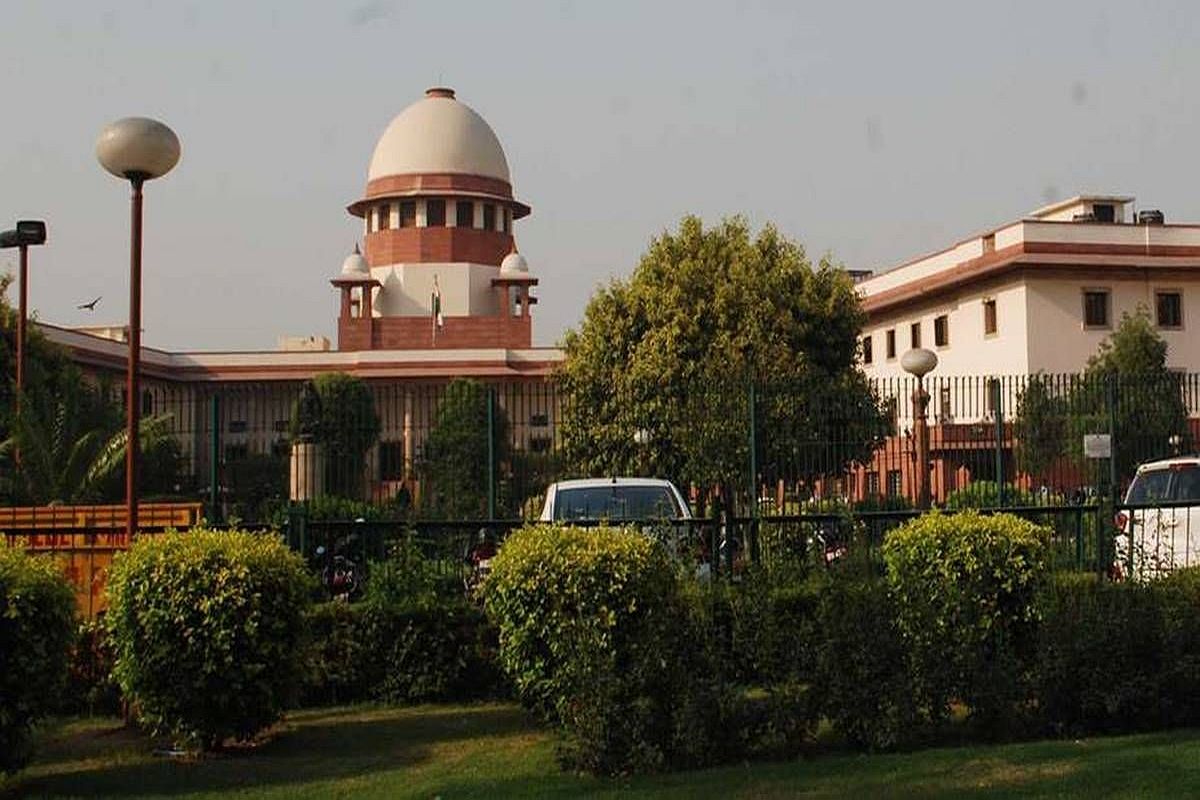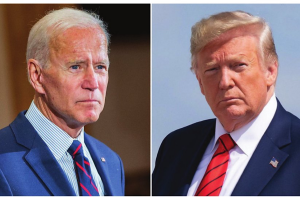The Supreme Court’s judgment on Speakers who refuse to act in disqualification cases, like the curate’s egg, is good in part. The threejudge Bench ruled that the Speakers of both Parliament and State Assemblies must decide in three months petitions for disqualification of members except in extraordinary circumstances. The Bench questioned the propriety of Speakers sitting in judgment on defectors indefinitely to safeguard the interest of the party on whose ticket he got elected.
A case in point is the Speaker of the Tamil Nadu Assembly who has been sitting tight on a defection case for the last three years. When Edappadi K Palaniswamy of the AIADMK took over as Chief Minister three years ago and sought a vote of confidence in the Assembly, 11 AIADMK members, including O Panneerselvam, convenor of the ruling party, defying the whip, voted against it. Palaniswamy made Panneerselvam the deputy Chief Minister and the Speaker refused to disqualify the 11 members in clear violation of the 10th Schedule of the Constitution.
If the 11 MLAs were disqualified, Palaniswamy would have lost his majority in the Assembly. The Madras High Court in April 2018 dismissed a petition to disqualify the 11 MLAs for defying the whip citing pendency of a plea in the Supreme Court on the powers of a court to issue direction to the Speaker of a State Assembly. The 10th Schedule has failed to fulfil its objective of preventing defections and horse-trading of legislators.
The second part of the three-judge Bench suggested that Parliament should consider replacing the Speaker with a permanent tribunal or external mechanism to render timely and impartial decisions on questions of defection. The rationale for this suggestion is that Speakers invariably are elected from the ruling parties and act in a partisan manner. Curbing the powers of the Speaker of State Assemblies and entrusting these to a Central authority is dangerous to the federal system in vogue. India after all is a Union of States.
The Draft National Education Policy 2019 seeks to create a new system, a revision and revamping of all aspects of the education structure, regulation and governance aligned with the BJP’s aspirational goals of one nation, one vision, one curriculum and one policy. A single, overarching, micro-managed education policy for a country of immense demographic, social, cultural, linguistic, developmental and historical diversity is not advisable.
Through a recommendation of the 15th Finance Commission, the Centre is trying to remove public health from the State List to the Concurrent List. This recommendation, made at the behest of corporate entities, impinges on the State’s rights. At this rate of usurping State’s powers by the Centre, the time is not far off when the States will be reduced to glorified municipalities.











